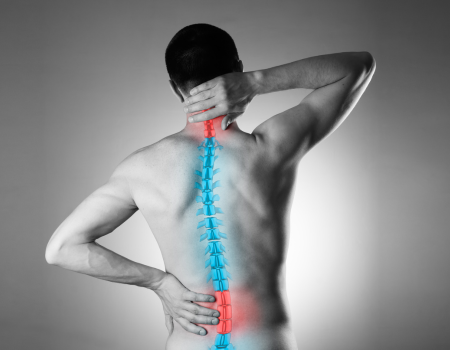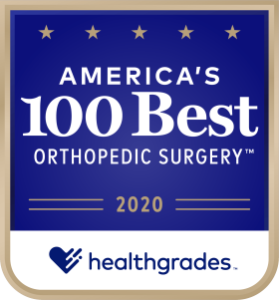 Orthopedic medicine has witnessed remarkable advancements in recent years, transforming the landscape of treatments and surgeries for musculoskeletal conditions. These innovations not only enhance patient outcomes but also contribute to faster recovery and improved quality of life. In this blog post, we’ll explore some cutting-edge orthopedic innovations that are reshaping the field.
Orthopedic medicine has witnessed remarkable advancements in recent years, transforming the landscape of treatments and surgeries for musculoskeletal conditions. These innovations not only enhance patient outcomes but also contribute to faster recovery and improved quality of life. In this blog post, we’ll explore some cutting-edge orthopedic innovations that are reshaping the field.
-
Minimally Invasive Procedures:
Traditional orthopedic surgeries often involve significant incisions, leading to extended recovery times. However, minimally invasive procedures have emerged as a game-changer. Using smaller incisions and specialized tools, orthopedic surgeons can now perform surgeries with reduced tissue damage, minimizing pain, and expediting recovery.
-
3D Printing Technology:
3D printing has revolutionized the creation of customized implants and prosthetics. Orthopedic surgeons can now design patient-specific implants tailored to the individual’s anatomy, resulting in better functionality and a higher success rate for joint replacements and other orthopedic procedures.
-
Robot-Assisted Surgeries:
Robotics technology has made its mark in orthopedic surgeries, providing surgeons with precision and control. Robots assist in tasks such as bone preparation and implant placement, ensuring accuracy and optimizing outcomes. This technology is particularly beneficial in joint replacement surgeries.
-
Biologics and Regenerative Medicine:
 Advancements in biologics and regenerative medicine have opened new avenues for orthopedic treatments. Stem cell therapies and growth factors are being used to stimulate the body’s natural healing processes, promoting tissue repair and regeneration. This approach holds promise for conditions such as arthritis and ligament injuries.
Advancements in biologics and regenerative medicine have opened new avenues for orthopedic treatments. Stem cell therapies and growth factors are being used to stimulate the body’s natural healing processes, promoting tissue repair and regeneration. This approach holds promise for conditions such as arthritis and ligament injuries.
-
Navigation Systems:
Navigation systems use real-time imaging to guide surgeons during procedures, offering enhanced accuracy and reducing the risk of errors. These systems are particularly valuable in complex surgeries, allowing surgeons to navigate intricate anatomical structures with precision.
-
Smart Implants and Wearables:
The integration of smart technology into orthopedic implants and wearables is improving patient monitoring and postoperative care. Smart implants can provide real-time data on factors like implant stability and patient activity, enabling proactive intervention if issues arise.
-
Telemedicine in Orthopedics:
Telemedicine has become a vital tool in orthopedic care, facilitating remote consultations, follow-ups, and rehabilitation. Patients can connect with orthopedic specialists from the comfort of their homes, improving access to expert care and reducing the need for unnecessary travel.
-
Nanotechnology in Orthopedics:
Nanotechnology is making waves in the development of advanced materials for orthopedic applications. Nanomaterials exhibit unique properties that enhance implant durability, reduce inflammation, and improve compatibility with the body’s tissues.
These orthopedic innovations represent a paradigm shift in the approach to musculoskeletal care. From advanced surgical techniques to groundbreaking technologies, these developments are reshaping the orthopedic landscape, offering patients more effective and personalized treatment options. As orthopedic research and technology continue to advance, the future holds even more promise for improving the lives of individuals dealing with musculoskeletal conditions.
This blog provides general information and discussions about health and related subjects. The information and other content provided in this blog, website or in any linked materials are not intended and should not be considered, or used as a substitute for, medical advice, diagnosis or treatment. This blog does not constitute the practice of any medical, nursing or other professional health care advice, diagnosis or treatment. We cannot diagnose conditions, provide second opinions or make specific treatment recommendations through this blog or website.
If you or any other person has a medical concern, you should consult with your health care provider or seek other professional medical treatment immediately. Never disregard professional medical advice or delay in seeking it because of something that you have read on this blog, website or in any linked materials. If you are experiencing a medical emergency, please call 911 or call for emergency medical help on the nearest telephone immediately.



